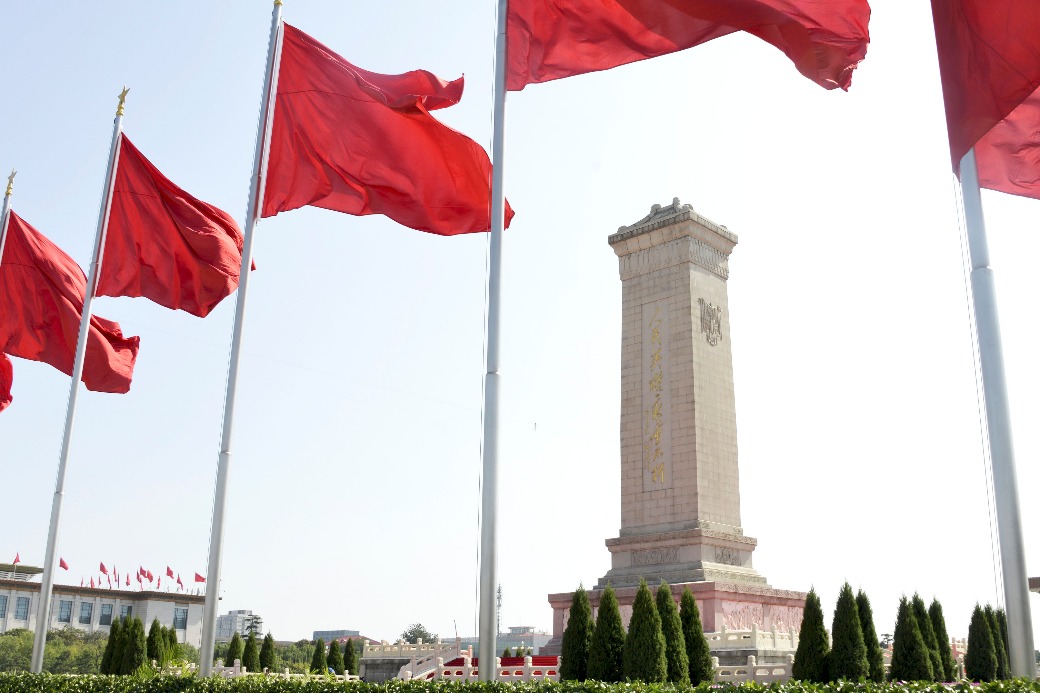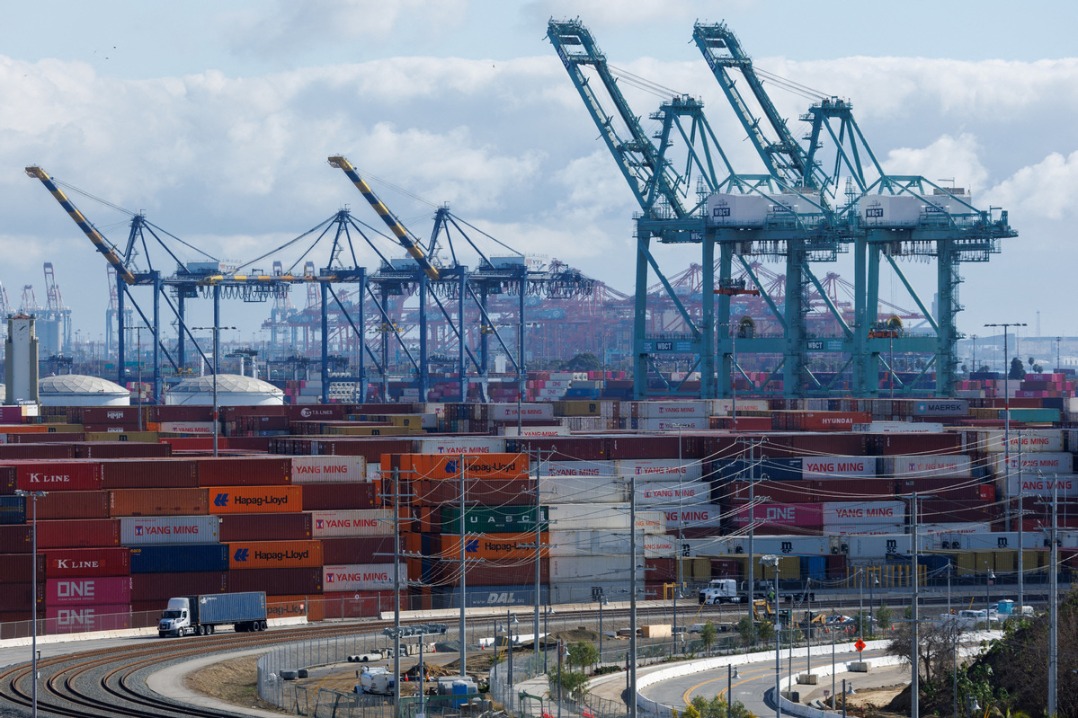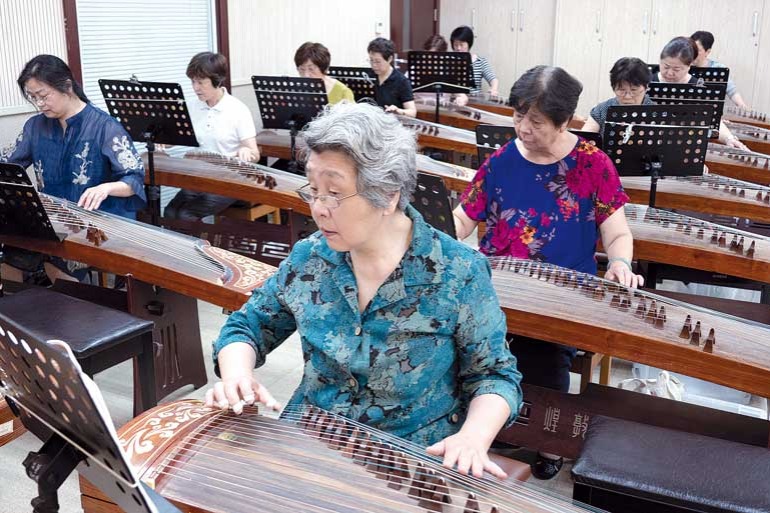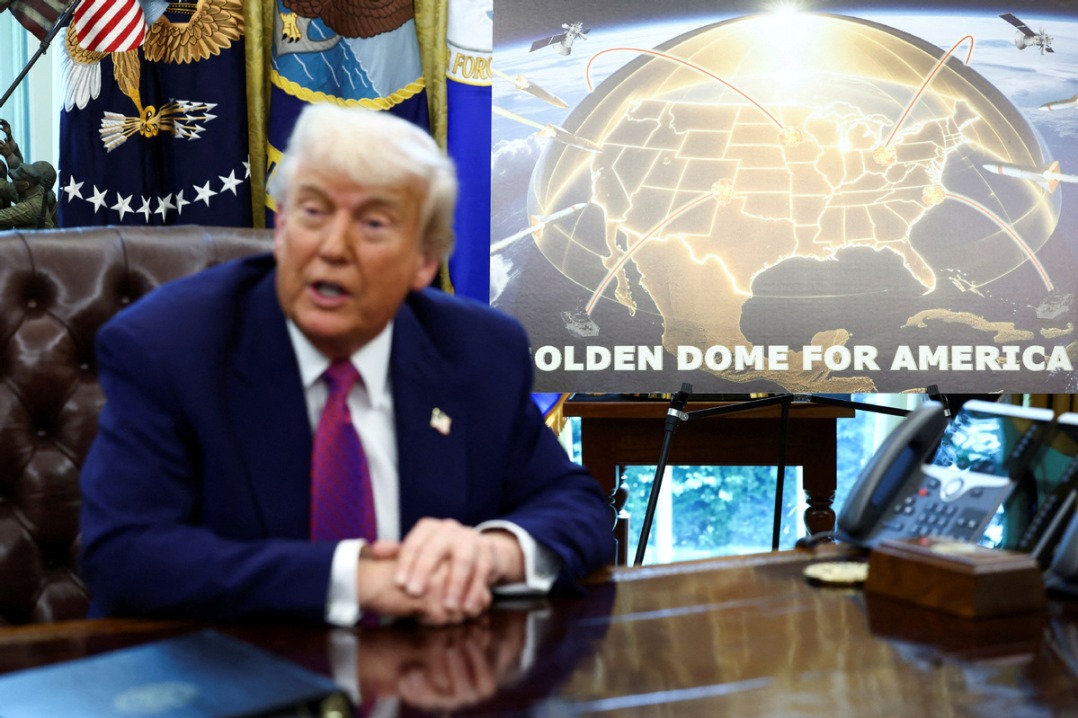Manila's provocations belie Marcos' positive words

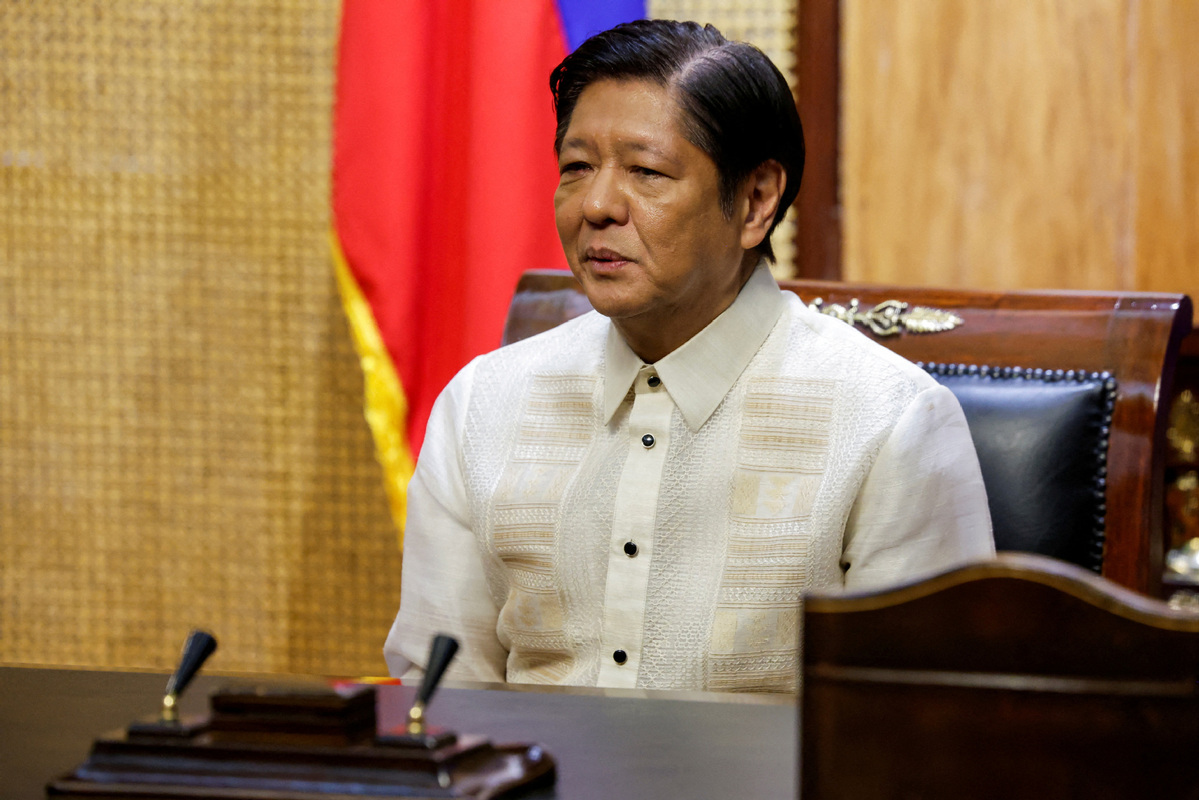
Philippine President Ferdinand Marcos Jr highlighted the friendship and shared history between China and the Philippines on Saturday evening during a ceremony in Manila to celebrate the 50th anniversary of the establishment of diplomatic relations between China and the Philippines that day.
Yet the positive attitude he tried to convey toward relations with China is at odds with what Manila has been doing so it has not triggered an equally warm response from the Chinese side, since the Philippines under his government has been acting as a pawn of the United States. It has never ceased to provoke China in the South China Sea over their maritime disputes in recent years.
The Marcos government's blind gambling on the US winning in its geopolitical game with China in the Asia-Pacific has seriously impacted the otherwise sound China-Philippines cooperation, fueled regional tensions, and triggered mounting pressures at home, as evidenced by the Philippines' midterm election last month, in which key allies of detained former president Rodrigo Duterte and two liberal opposition candidates were among the winners in the Senate race.
If the Marcos government really attaches importance to China relations as Marcos claimed, it should stop saying one thing and doing another. China is not a country of back-stabbing and double-dealing and it does not allow itself to be treated that way. Instead of paying lip service to good-neighborly relations, the Marcos government should review its one-sided pro-US policy, stop acting as a proxy of the US China-bashers, and create the necessary conditions for settling the Philippines' maritime disputes with China through consultations.
The two countries' development is rooted in the harmony of the big family of Asia. Their maritime disputes shouldn't be made a defining factor of their relations, which date back thousands of years and in general have featured win-win collaboration, friendly communication and intensive people-to-people exchanges.
On the occasion of the 50th anniversary of diplomatic relations, as Chinese Ambassador to the Philippines Huang Xilian urged, it is hoped that the Philippines will uphold the original aspiration of establishing diplomatic ties, seek cooperation rather than confrontation, dialogue over conflict, and work toward returning bilateral ties to a stable and healthy development path.
It should not be forgotten that in his visit to China in January 2023, Marcos' first official visit to a country outside the Association of Southeast Asian Nations since assuming office in June 2022, the Philippine leader clearly expressed his readiness for close communication with China and closer cooperation on all fronts to open a new chapter in the China-Philippines relationship of comprehensive strategic cooperation.
He also vowed to better resolve common challenges and issues facing the two countries, deliver more benefits to the two peoples, and make new contributions to reestablishing the region as a major engine of the world economy.
However, the ugly role the Philippines has played ever since in harming bilateral ties has only served to belie those words.
China's stance on its relations with the Philippines is consistent. As Marcos was told during his visit, the country is committed to working with the Philippines and other members of ASEAN to focus on cooperation and development, uphold ASEAN centrality in regional cooperation, and build a shared home together, to ensure the region stays away from the shadow of the Cold War and from bloc confrontation and remains a fine example of development and prosperity.
China does not demand the Philippines choose a side between it and the US, but to uphold its strategic autonomy in handling relations with major countries and to show its due vision and wisdom as a major country in ASEAN when dealing with regional issues.
The Marcos government should discard the illusion about relying on external forces to resolve its maritime disputes with China. It should return to the right path of managing differences through dialogue and consultation rather than continuing to up the ante in a game where it is bound to be the loser.




















